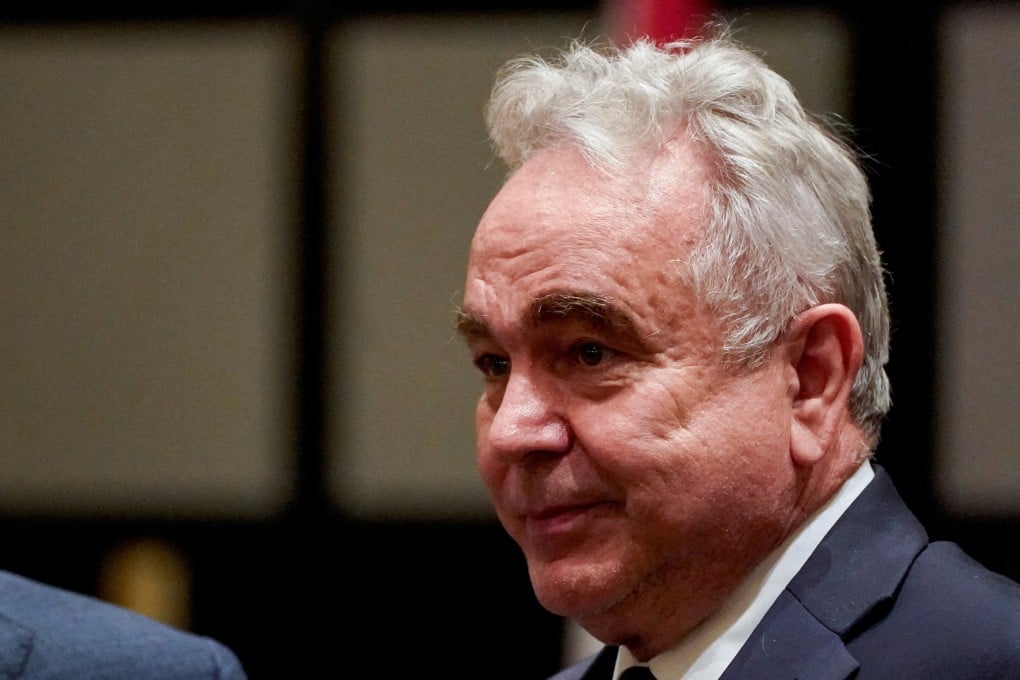China ‘profoundly unhelpful’ as it ignored chance to cooperate: US diplomat
US Deputy Secretary of State Kurt Campbell puts focus on China as he reflects on administration’s foreign policy challenges and setbacks.

In November, when Yemen’s Houthi rebels started firing drones and missiles at commercial ships in the Red Sea and Gulf of Aden as the Middle East war heated up, Washington finally thought it had an issue it could cooperate closely with China on, a senior US diplomat said on Wednesday.
China has a huge volume of shipping passing through the dangerous waters, the attacks were a major threat to global stability and China was in a position to use their squadron in Djibouti as they did fighting piracy in the 1990s, said Kurt Campbell, deputy secretary at the US State Department.
“We realised that what the Chinese had tried to do – rather than joining with any kind of international naval consortium – would be to instead take actions to communicate directly with the Houthis about, ‘Look, these are our ships, these aren’t our ships, target different ships,’” Campbell said.
“Now that’s just profoundly unhelpful, and suggests an approach to the global commons that we have real concerns over.”
As US President Joe Biden’s tenure winds down, Campbell – a principal architect of the administration’s Indo-Pacific strategy – took the opportunity to reflect on foreign policy victories, setbacks and frustrations, and to refute a common Chinese narrative that Washington is keen to hold back the Asian giant.
While Beijing has done a good job promoting its Belt and Road Initiative, particularly in Africa, the US has stepped up its game, Campbell said. Yet Washington often falls short in publicising its accomplishments.